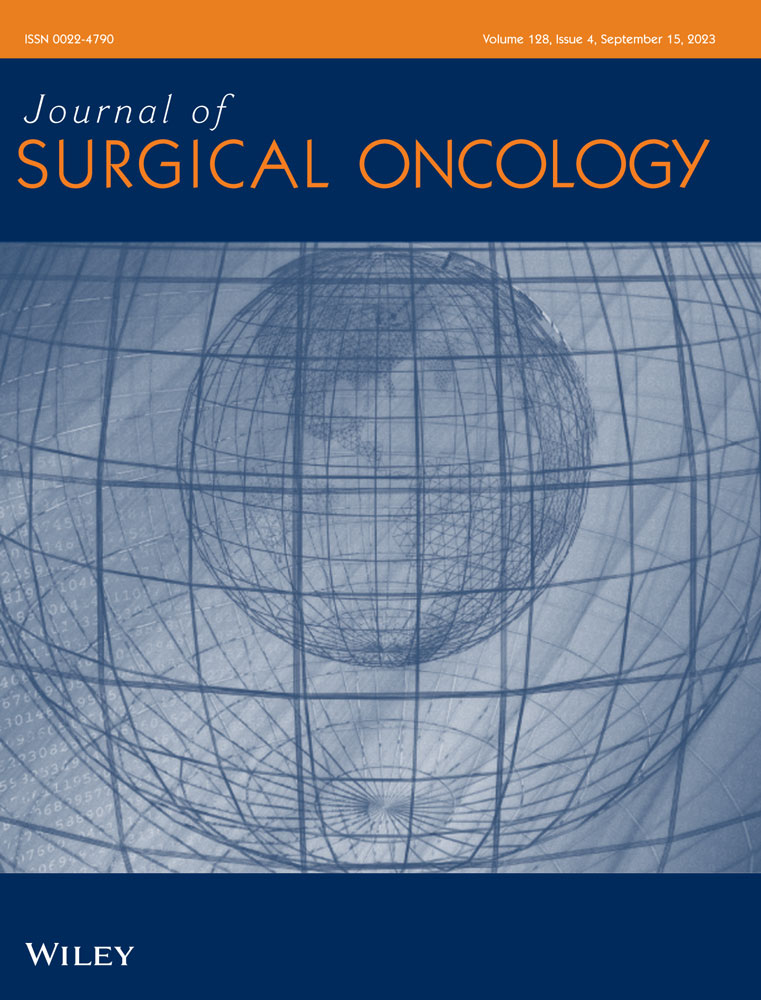Impact of surgical site infection on unplanned hospital readmissions, initiation of adjuvant treatment following surgery, and disease-free survival on patients with upper aerodigestive tract squamous cell carcinoma
Abstract
Introduction
Unplanned hospital readmission (UHR) is an important indicator of the quality of the healthcare system in place. It has various implications for the patients and the healthcare system at large. In this article, we have attempted to understand the various factors influencing UHR and the start of adjuvant treatment following cancer surgery.
Patients & Methods
In this study adult patients above 18 years of age with upper aerodigestive tract squamous cell carcinoma who underwent surgery at our center between July 2019 to December 2019 were included in the study. Various factors influencing UHR and delay in receiving adjuvant treatment were analyzed.
Results
A total of 245 patients satisfied the inclusion criteria. Surgical site infection (SSI) was the factor that had the maximum influence on the UHR (p < 0.002, OR: 5.6, 95% CI: [1.911−16.4]) and delaying the start of adjuvant treatment (p = 0.008, OR: 3.786, 95% CI: [1.421−10.086]) on multivariate analysis. Surgery lasting for >4 h and patients who had received prior treatment tended to develop SSI postoperatively. The presence of SSI also seemed to have had a negative influence on disease-free survival (DFS) as well.
Conclusions
SSI is an important postoperative complication having major implications in terms of increased UHR and delays in starting adjuvant treatment which in turn is reflected as a poorer DFS among patients who develop SSI postoperatively.
CONFLICT OF INTEREST STATEMENT
The authors declare no conflict of interest.
Open Research
DATA AVAILABILITY STATEMENT
The data that support the findings of this study are available from the corresponding author upon reasonable request.




